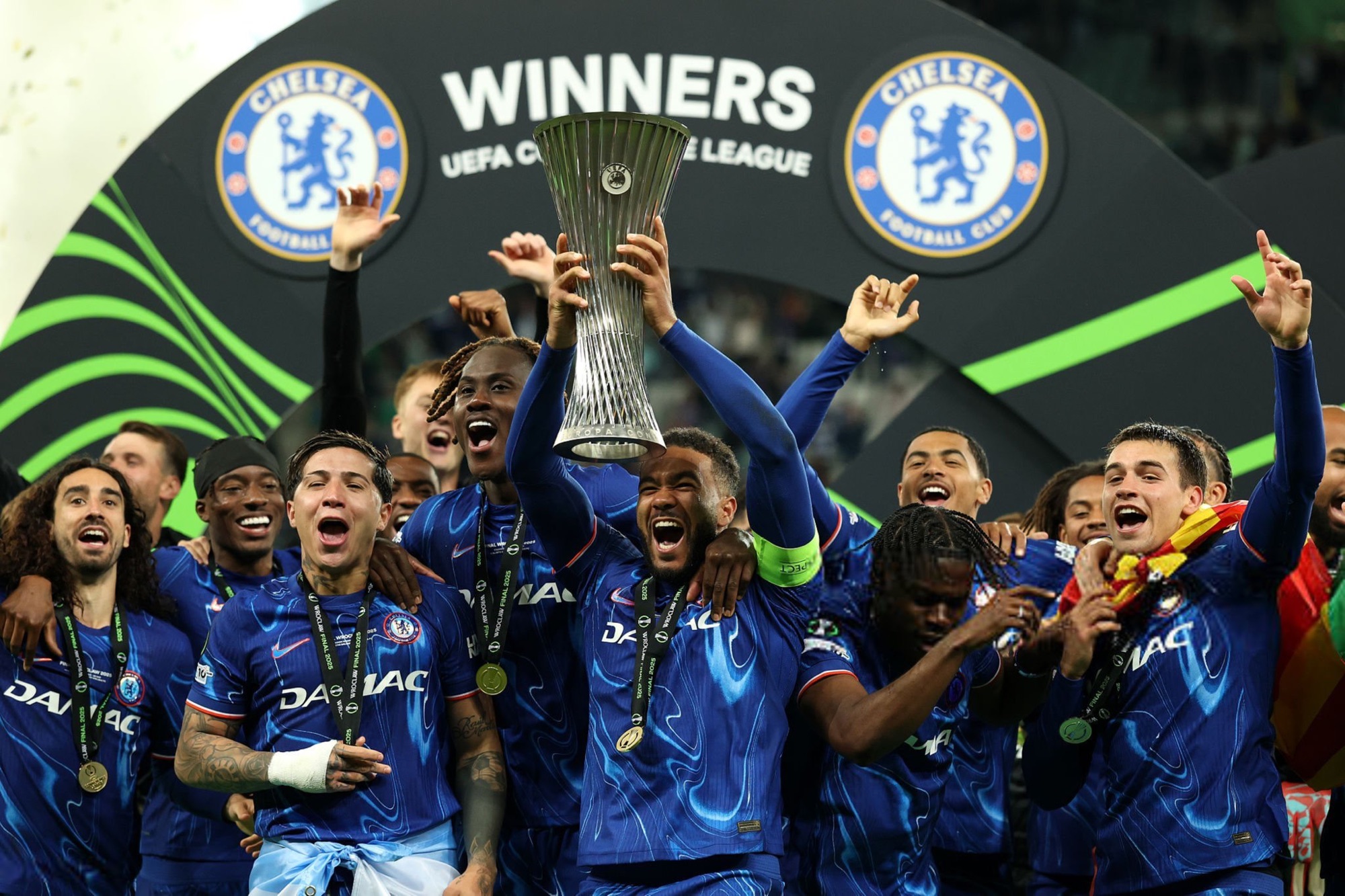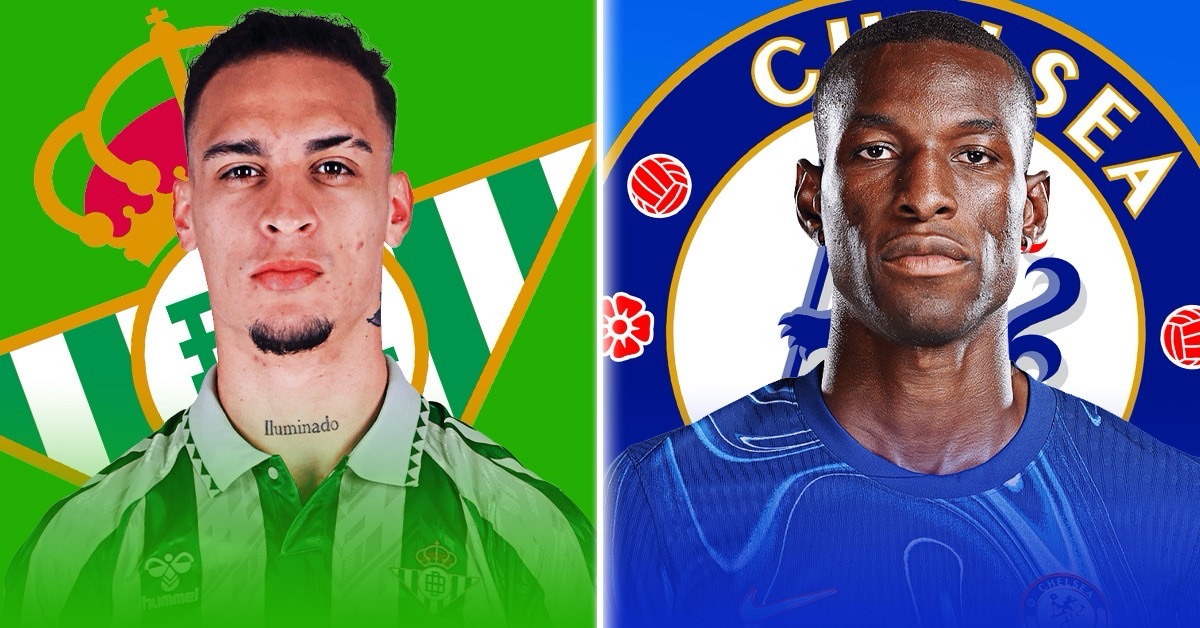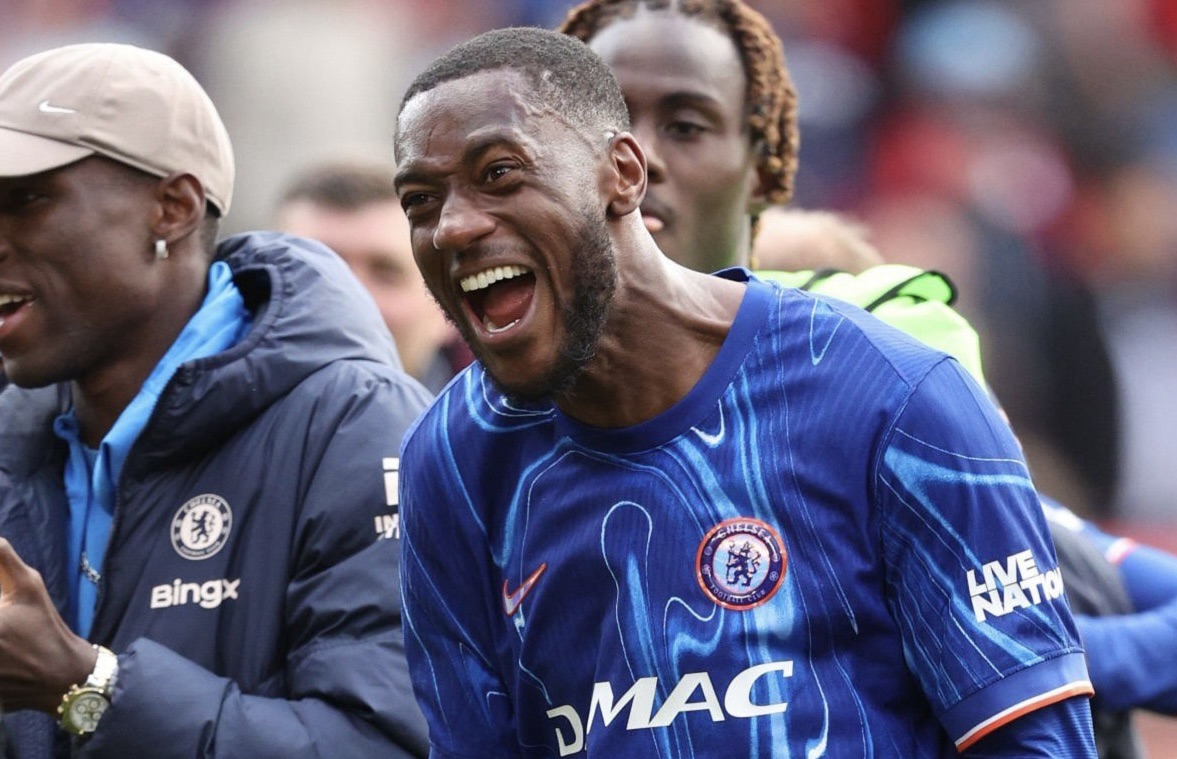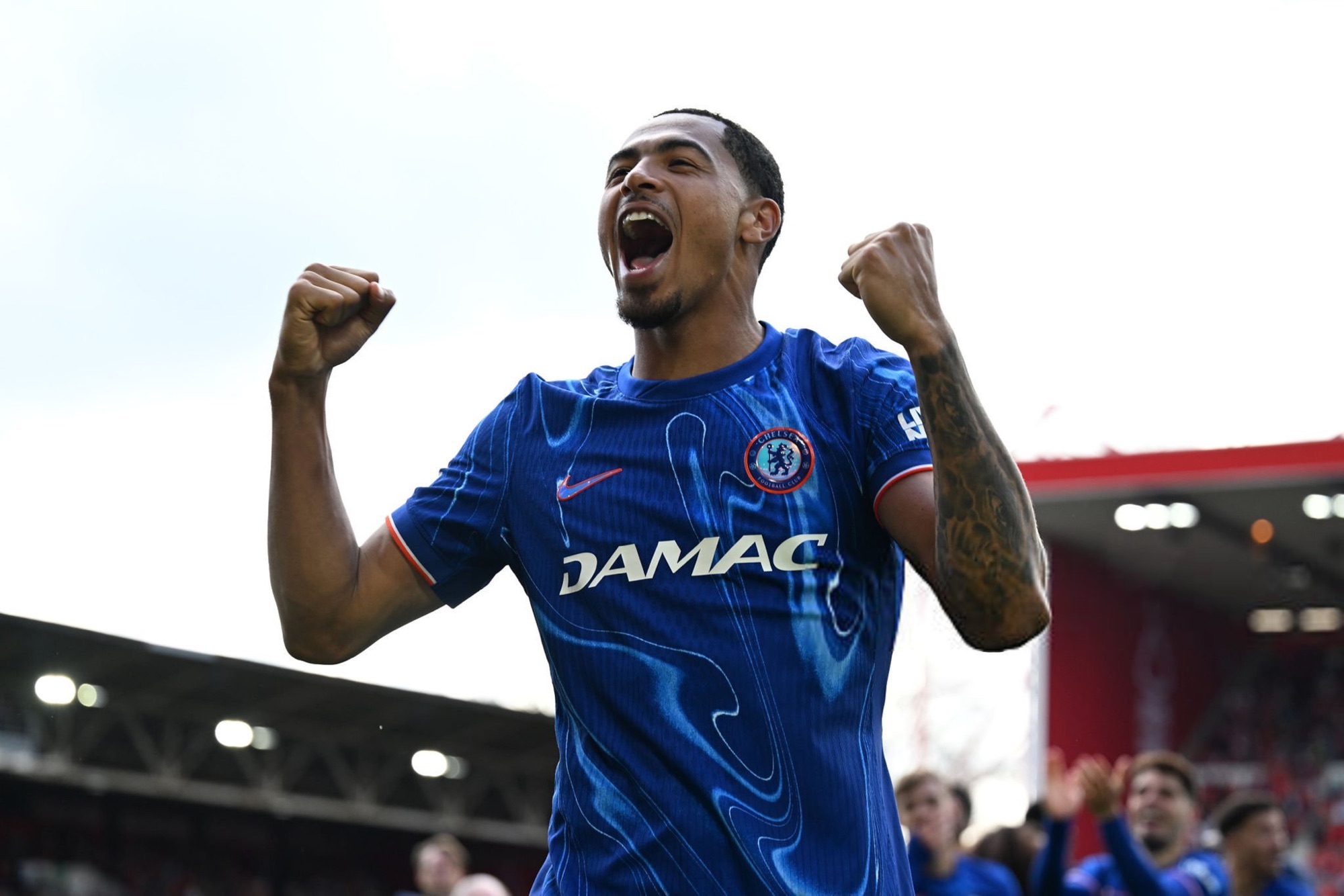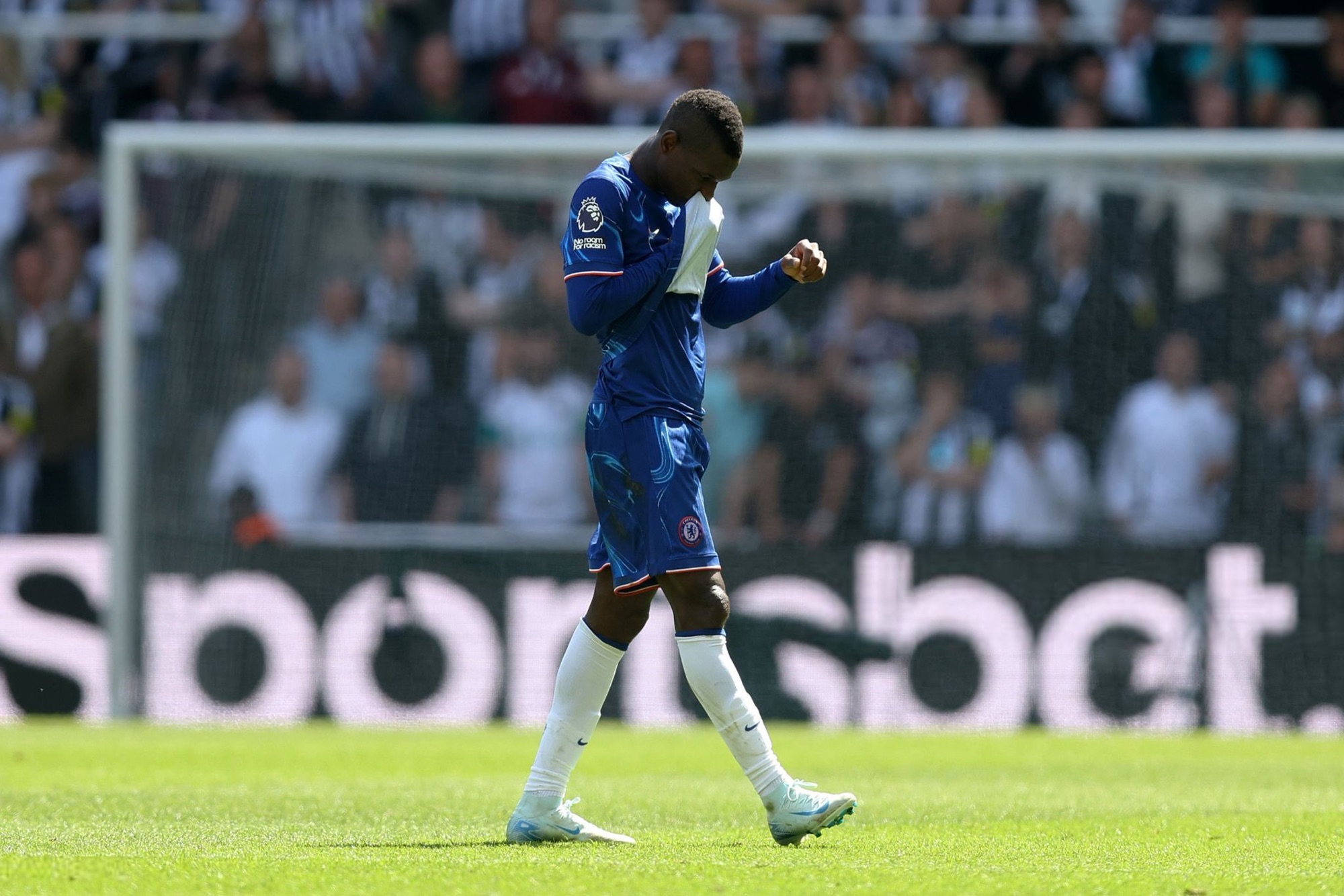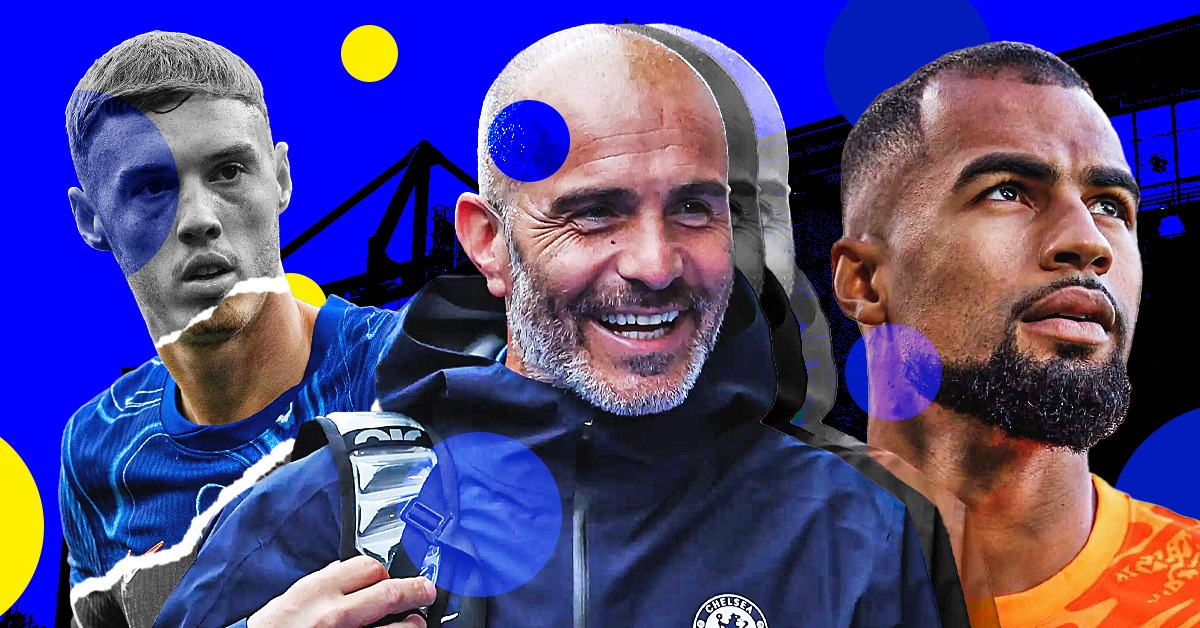Jose Mourinho is loved by his players and fans, also by fans from clubs he has never been to, but all the others hates him. It’s a love-hate relationship between Jose Mourinho and the rest of the world. People call him arrogant and a person who destroys football, but he’s always backed by his own fans. Only few managers are as controversial as the Special One, no day passes without Mourinho’s name in the media, if good or bad, and his press conferences gets attention from all over the world. You listen to the words he say, it’s hard not to.
The Special One started his second reign at Chelsea on Monday, a new chapter in his – special career.
The beginning of Mourinho’s career
Felix Mourinho, Jose’s father, was a professional football, a goalkeeper, who also had one cap for Portuguese national team. Jose started to watch the games of his father, then, after his father became a manager, young Mourinho started to analyse statistics, observe the trainings and scout the opponent’s team. At the same time, he also played as a player, for his father’s team, at Rio Ave. He early realised that he won’t become a professional footballer, so he decided to study sport science, while his mother wanted him to go to a business school. He taught physical education at schools and he earned his diploma after 5 years at the Technical University of Lisbon, with outstanding marks.
Mourinho became youth coach at Vitoria de Setubal after he decided to quit his job at school, soon after, he became the assistant coach Estrela da Amadora. Interestingly, the coach who appointed Mourinho at Estrela da Amadora was Jesualdo Ferreira, one of his teachers at the Technical University of Lisbon, and now Braga manager (he also coached Porto from 2006 to 2010, Malaga, Porto, Sporting and Panathinaikos).
The interpreter
After conflicts with Ferreira, Mourinho moved to Ovarense, where he left very soon. At that time, Bobby Robson was appointed the new manager of Sporting Lisbon in 1992, and he searched for a local translator with good knowledge in English, and in football. Mourinho was ideal for this job; he applied and received this job. Robson was sacked after two years because of an early exit in the UEFA Cup, although the team did well in the league.

FC Porto hired Robson after the sack in Lisbon, and he took Mourinho with him, as the assistant manager. Mourinho received more duties and he gave Robson advices on players, held motivational speeches in front of the players and trained the defensive organisation, while Robson practised offensive plays and strategies. FC Porto was very successful under the management of Robson and Mourinho, by winning two Portuguese Leagues and one League Cup.
In that time, a certain 16-year die-hard Porto supporter wrote Robson a letter after he found out that they lived in the same apartment block. This certain supporter was Andre Villas Boas, you all know, the current Tottenham manager and former Chelsea manager; and he also was the scout for Mourinho at his times at Porto, Chelsea and Inter. In that letter, AVB pointed out that it was wrong to keep striker Paciencia on the bench too often. He then also sent statistics and arguments that proved he was correct. Robson (and Mourinho) was so impressed that he offered him a trainee position at Porto, and he went on to become probably the most talented coach in the moment.
Back to Mourinho, where he and Robson left Porto after two years, for the big FC Barcelona. Mourinho remained as an interpreter among other tasks he had in Porto. He quickly learned Catalan and he held the press conferences, planned the practise sessions and made tactical analyses of the opponents. Barcelona won the Spanish Cup and European’s Cup winners Cup under Robson, but he moved to PSV Eindhoven in 1998, while Mourinho stayed in Barcelona.

One of world’s greatest managers, Louis Van Gaal, an admirer of the Totaalvoetbal (Total Football, which is based on high athleticism, high tactical understandings and shift of positions), took over from Robson. The job for Mourinho remained the same; to train the defensive organisation. FC Barcelona won the Spanish League twice in Van Gaal’s first two years.
Van Gaal saw the talent, skill and potential in his Portuguese assistant, and he let Mourinho coach the first team, the Dutchman himself as his assistant, for smaller competitions, as the Copa Catalunya, which Mourinho won in 2000. Mourinho worked also as the coach for FC Barcelona B until his move to the bitter rivals of FC Porto, Benfica Lisbon in Septembre 2000.
Entering the managerial career
Benfica & Uniao de Leiria
At Benfica, Mourinho replaced Jupp Heyknes as the first team coach. The presidium wanted to appoint a certain Jesualdo Ferreira as the assistant coach, but Mourinho refused, and he picked a former Benfica player instead. The start was good, but because of conflicts with the new club president Manuel Vilarinho, Mourinho resigned immediately after a 3-0 victory over rivals Sporting in Decembre, when Mourinho asked for an extension of his contract to prove Vilarinho’s loyalty to Mourinho, which Vilarinho refused.
Mourinho moved to Uniao de Leiria in April 2001, a mediocre team in the Portuguese League. With seven games left in the 2000-01 season in Portugal, Mourinho managed to take the club to their highest ever league finish of fifth place. Many clubs wanted him in the summer, but he stayed until January 2002. Then, Mourinho moved to Porto.
FC Porto, the breakthrough
(Unfortunately, I couldn’t find lots of Porto games between 2002 and 2004, so the tactical part will be a bit shorter and less detailed)
Mourinho ended the 2001-02 season with 11 wins, 2 draws and 2 losses in 15 games, and FC Porto moved from the 5th to the 3rd place.
In the 2002-03 summer transfer window, Mourinho bought some of his new key-players. Nuno Valente (left-back) and Derlei (striker) joined from Mourinho’s last club, Uniao de Leiria, and two familiar names, Paulo Ferreira (right-back) from Vitoria and from Benfica, Maniche (box-to-box midfielder) joined too.
A lot changed ahead of the 2002-03 season at Porto, the website was updated with training reports. The endurance was intensively trained, 20km jogs were common. A high stamina and fitness were keys of a dynamic and strong pressing Porto team (something he learned from Van Gaal’s Totaalvoetbal).
Mourinho played with a very high defensive line led by Ricardo Carvalho, while the fullbacks were wingers in the attacking play. Offside traps were perfectly rehearsed and played. Mourinho used a defensive 4-1-2-1-2 (or 4-4-2 diamond), respectively a 4-3-1-2. Costinha had the role of a typical holding midfielder; he held his defensive position, played accurate and secure passes and he was a threat at countering with his quickness to switch from defence to offence.
Two box-to-box midfielders carried out the dynamic and flexible part of Mourinho’s counter game. Deco, the offensive playmaker, and two traditional strikers formed the attacking part.
Porto and Mourinho won and reached record-breaking 86 points (27-5-2 record) in the Portuguese League, with an incredible 11-points lead ahead of second, Benfica. He also won the Portuguese Cup (against Uniao de Leiria, his previous club) and the UEFA Cup in his first whole season at Porto.
“The only thing that I want to say is that we are the best ones and in normal conditions we are more than the best ones. In normal conditions we will be champions. In abnormal conditions we also will be champions.”
The dominance of Porto in the Portuguese League remained in 2003-04. Mourinho’s team won the league with an 8-point lead and five games before end of the season. However, he couldn’t win the Portuguese Cup again, Porto lost the final against Benfica.
The Champions League triumph that made Mourinho the Special One was unexpected, surprising and unbelievable in a way. The Portuguese side were drawn into a group together with a Real Madrid team consisting of players like Zidane, Figo, Ronaldo Raul and Beckham; Marseille, with legend Didier Drogba, who also reached the UEFA Cup final in the same year; and Serbian side Partizan. Porto managed to finish second, behind Real Madrid, and advanced to the knockout stage. Porto won the first-leg in the last 16 versus Manchester United by 2-1 in the ‘Dragon stadium’. The second-leg at Old Trafford became one of the most memorable matches in Mourinho’s career. Manchester United led the game by 1-0 and on away goal on aggregate, but a goal by Costinha in the 90th minute put Porto through to the quarterfinals, where Porto met Olympique Lyon. The celebration, a run to the corner flag, made Mourinho famous, worldwide.
“The players are heroes, we’re not afraid of this wonderful atmosphere.” ‘And Sir Alex Ferguson?’ “He only told me congratulations, and for me, it’s enough.”
The matches versus Olympique Lyon were won 4-2 on aggregate, to put Porto in the semi-final against the Spanish side Deportivo La Coruna. Two defensive battles end in a goalless draw in Porto, and a 1-0 away win for Porto sealed a place in the final of the 2004 Champions League. The final ended in a debacle for Monaco, Porto won 3-0 by the goals of Alberto, Deco and Alenichev, and Mourinho was a European champion.

“It’s the time for people, to stop to speak about my best, and to start to speak about my recent best. Because I did what almost nobody did.”
In summer 2004, Mourinho had several options after winning the Champions League and many clubs chased him. Liverpool and Chelsea were the favourites to land the Portuguese; Mourinho himself preferred a move to the Merseyside. However, in the end, Liverpool offered Benitez a job as the manager (ha ha) and Mourinho went to Chelsea, the start of a managerial rivalry, and a new era at Chelsea.
… Part II
Jonny (@jonny9fan)
